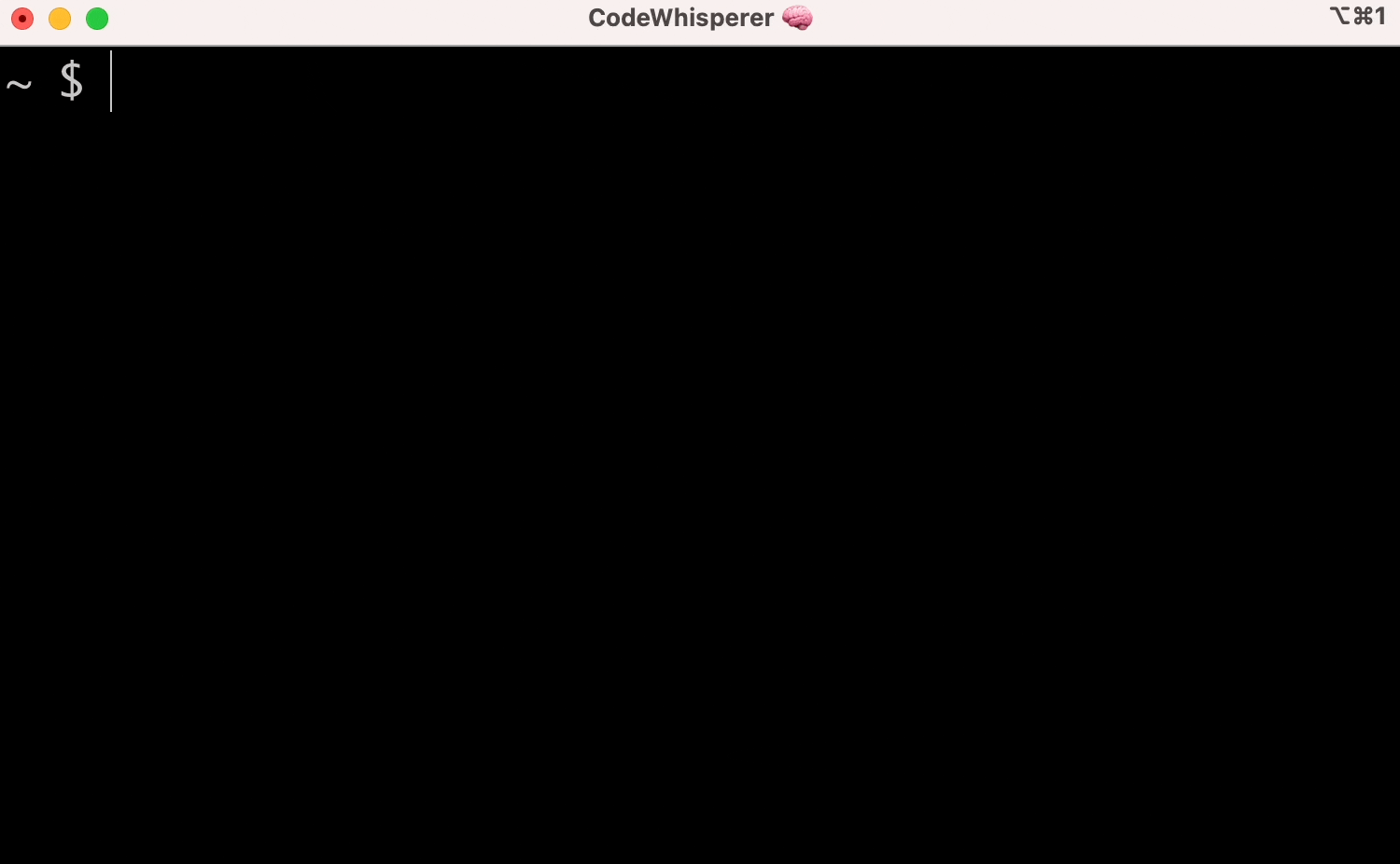
Product
Socket Now Supports uv.lock Files
Socket now supports uv.lock files to ensure consistent, secure dependency resolution for Python projects and enhance supply chain security.
@withfig/autocomplete
Advanced tools
Amazon Q Developer in the command line
adds IDE-style completions for hundreds of popular CLIs like git, npm,
docker, and aws. Start typing, and Amazon Q populates contextually relevant
subcommands, options and arguments.
brew install amazon-qNOTE: Once it's downloaded, launch the app to set up Amazon Q for command line!

A completion spec is a declarative schema that specifies the subcommands,
options and args for a CLI tool. Amazon Q uses these schemas to generate
suggestions.
Use the steps below or follow our getting started guide: fig.io/docs
Prerequisites:
Steps
Make sure you have pnpm installed, as
that's the package manager used in this repo.
Click here to fork this repo.
Clone your forked repo and create an example spec
# Replace `YOUR_GITHUB_USERNAME` with your own GitHub username
git clone https://github.com/YOUR_GITHUB_USERNAME/autocomplete.git autocomplete
cd autocomplete
# Add withfig/autocomplete as a remote
git remote add upstream https://github.com/withfig/autocomplete.git
# Install packages
pnpm install
# Create an example spec (call it "abc")
pnpm create-spec abc
# Turn on "dev mode"
pnpm dev
Now go to your terminal and type abc[space]. Your example spec will appear.
😊
src/ folderbuild/ folderbuild folder, and generators run
every keystroke.# Typecheck all specs in the src/ folder
pnpm test
# Compile typescripts specs from src/ folder to build/ folder
pnpm build
# Lint and fix issues
pnpm lint:fix
We would love contributions for:
If you aren't able to contribute, please feel free to open an issue.
Amazon Q for command line works with the native macOS Terminal app, iTerm, Tabby, Hyper, Kitty, WezTerm, and Alacritty. It also works in the integrated terminals of VSCode, JetBrains IDEs, Android Studio, and Nova.
Want to see another terminal included? Check our issue tracker and add your support for it!
Amazon Q for command line uses the Accessibility API on Mac to position the window, and integrates with your shell to read what you've typed.
Not yet, Amazon Q for command line is only available on macOS for now. Windows and Linux support is in progress!
Run brew install amazon-q or, downloading the app at
aws.amazon.com.
Then, launch the Amazon Q app!
Check out our How to Contribute guide. Many of Amazon Q's 400+ contributors made their first open source contribution to Amazon Q!
Run q doctor to automatically debug issues with your installation. Otherwise
make an issue in our GitHub discussions community:
aws/q-command-line-discussions
FAQs
Fig Autocomplete Specs
The npm package @withfig/autocomplete receives a total of 14,005 weekly downloads. As such, @withfig/autocomplete popularity was classified as popular.
We found that @withfig/autocomplete demonstrated a healthy version release cadence and project activity because the last version was released less than a year ago. It has 0 open source maintainers collaborating on the project.
Did you know?

Socket for GitHub automatically highlights issues in each pull request and monitors the health of all your open source dependencies. Discover the contents of your packages and block harmful activity before you install or update your dependencies.

Product
Socket now supports uv.lock files to ensure consistent, secure dependency resolution for Python projects and enhance supply chain security.

Research
Security News
Socket researchers have discovered multiple malicious npm packages targeting Solana private keys, abusing Gmail to exfiltrate the data and drain Solana wallets.

Security News
PEP 770 proposes adding SBOM support to Python packages to improve transparency and catch hidden non-Python dependencies that security tools often miss.